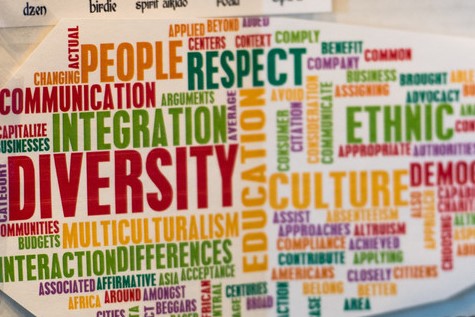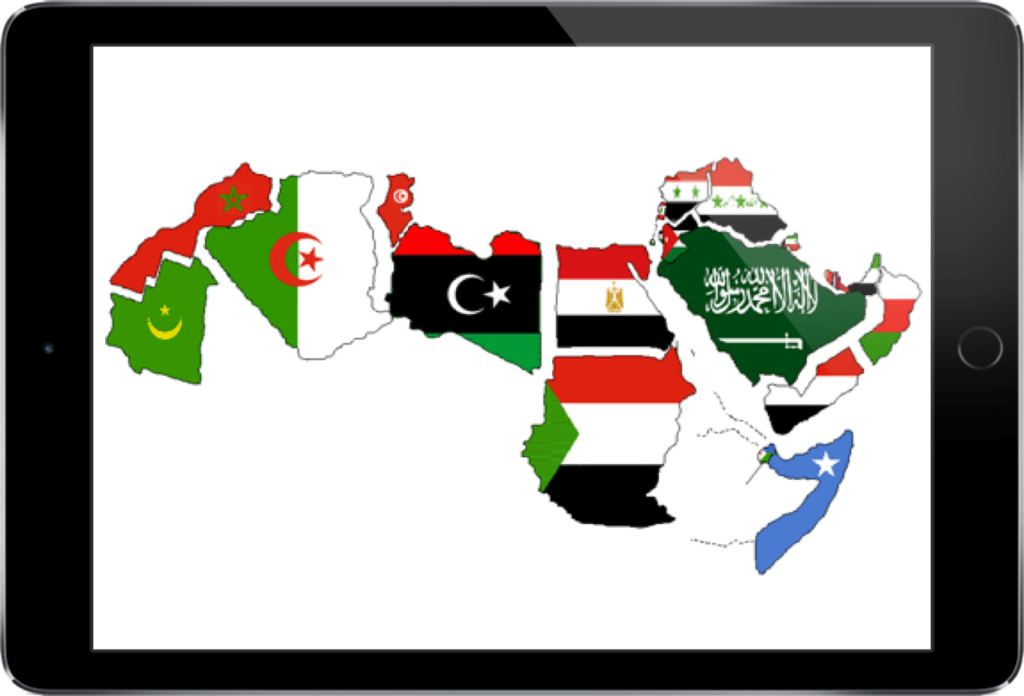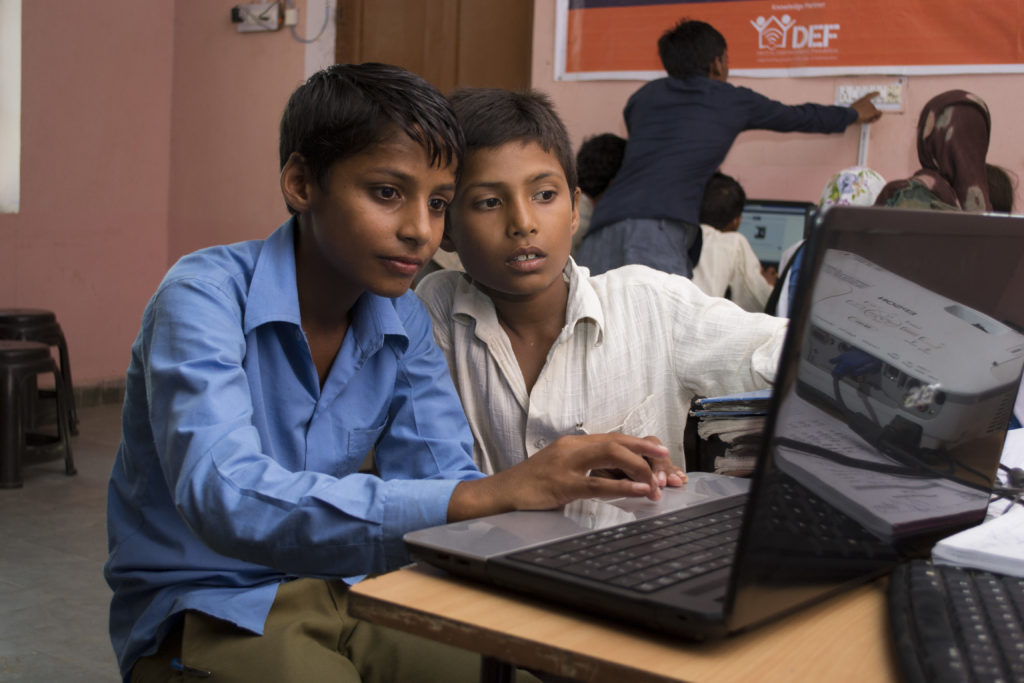Connecting with a diverse range of people and organisations – The INCLUDE network will build connections with people and organisations from diverse backgrounds, i.e., from various language groups, ethnicities, cultures, nationalities, etc., as well as people with different abilities and disabilities.
Click on the images below to link to the relevant resources described below….
Diversity in Education Blog

Online Learning – Views from the Global South

#Latest Post
January 2021
A Deux Vitesses (Between Two Stools): Inclusive Education between Policy and Practice in the Arab Region
By Dr. Mustapha Aabi
Arab countries have made considerable progress in promoting inclusive education by ratifying UN conventions on the rights of persons with disabilities, and enacting laws and reforms in line with these conventions while inspired by inclusive models from developed countries such as the US and France in the Gulf states and the Maghreb respectively (Hadidi & Al Khateeb 2015; CSEFRS, 2019).
Undeniably, remarkable development has been made in terms of government commitment and civic society engagement. However, these measures, remain largely in the realm of theory and of limited goal performance at their best. In practice, policies are far from reaching their intended gaols due to a lack of clear specificity of operational guidelines and procedures of implementation. Failure to get a clear answer as to how they can be implemented leads to inefficiencies among the local implementers and the frustration of the end users.

Post
Inclusive E-learning challenges in Morocco
Moroccan education system in the global context
By Dr. Mustapha Aabi
The World Declaration on Education for All (EFA) (1990) and the high-level Unit Summit on Millennium Development Goals (MDGs) emphatically stressed the importance of meeting the educational needs for all children, youths and adults. UNESCO has been mandated to lead this global movement within the international community to reach EFA. A concerted determination to promote education “became almost synonymous with ensuring that every child is in school” noted the UNESCO in its EFA global monitoring report (2015: 41). This philosophy is reflected in Moroccan education policies and regulations which started with the 1963 royal decree making basic education from the age of 6 to 15 years old compulsory.

Post
E-learning challenges in India
Disruption in Education Amid COVID-19
By Aashna Khurana
In India, due to COVID-19, the state declared lockdown from the mid of March, one of the biggest concerns since then has been the disruption to education. Anganwadis, schools, colleges and universities have been shut since then. March and April being the peak months of examinations, all school examinations, and entrances and recruitment exams have also been rescheduled. The latest UNESCO report on the impact of COVID-19 on education has highlighted that nearly 32 crore learners in India have been affected by this.The World Declaration on Education for All (EFA) (1990) and the high-level Unit Summit on Millennium Development Goals (MDGs) emphatically stressed the importance of meeting the educational needs for all children, youths and adults. UNESCO has been mandated to lead this global movement within the international community to reach EFA. A concerted determination to promote education “became almost synonymous with ensuring that every child is in school” noted the UNESCO in its EFA global monitoring report (2015: 41). This philosophy is reflected in Moroccan education policies and regulations which started with the 1963 royal decree making basic education from the age of 6 to 15 years old compulsory.
Resources

Diversity Abroad
Diversity Abroad is the leading membership organization that inspires and supports educators, policy makers, industry professionals and other stakeholders in leveraging global educational programs to support the academic success, interpersonal development and career readiness of students from diverse and underrepresented backgrounds.

Diversity and Inclusion in the Early Years
Petriwskyj, A. International Journal of Inclusive Education, v14 n2 p195-212 Mar 2010. https://eric.ed.gov/?id=EJ880719